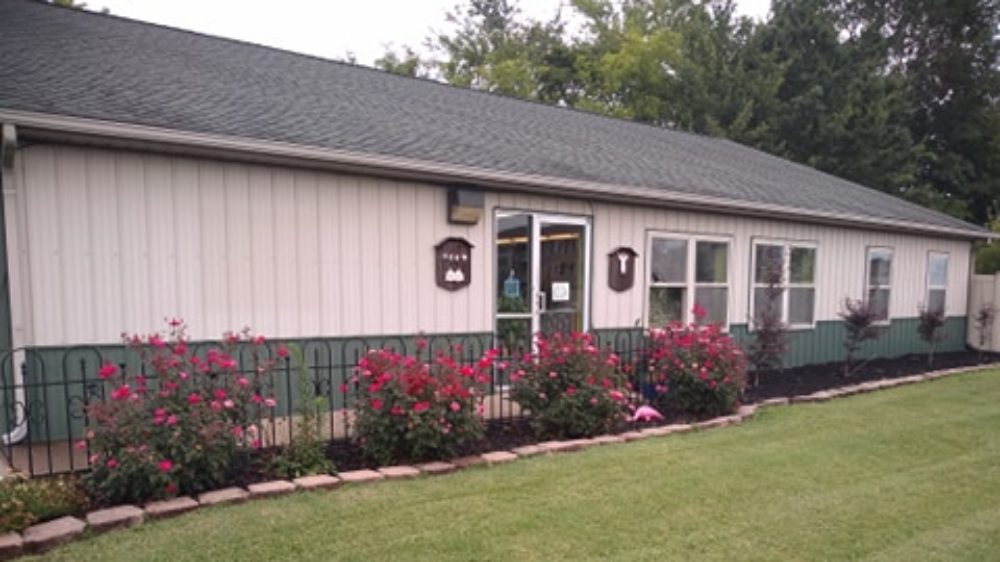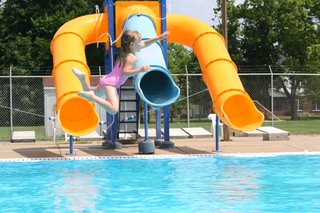This is an excellent argument for 4K going into day care.
The Free Lance Star
Fredericksburg, VA
RICHMOND–
I recently had the pleasure of visiting prekindergarten classes at Surry County Elementary School, and it was inspiring to see the eagerness and excitement on the faces of those children as they learned the alphabet, shapes, and numbers.
Research tells us that during the first three to five years of life, 85 percent to 90 percent of the brain’s “wiring” takes place, forever impacting a child’s ability to learn. The simple skills learned through play and exploration in a high-quality early-childhood program form the foundation upon which additional skills are built.
Nobel Prize-winning economist James Heckman sums up the trajectory this way: “Skills beget skills.”
Child’s play, then, is important and serious business for the rest of us.
The research is clear: Greater investment in the early development of a child increases the potential to create a much more productive citizen. The payoff? More highly educated individuals, a stronger competitive work force, safer and more prosperous communities, and a vital economy for the commonwealth.
I am compelled by powerful research, by my own experience and observations, and by hearing from stakeholders who reap a strong yield from investments in early childhood education.
I am committed to increasing opportunities for the growth and learning for young children of the commonwealth. This commitment is visible through two initiatives.
First, I have launched the Smart Beginnings initiative, in partnership with the Virginia Early Childhood Foundation, to highlight the importance of the health and development of children beginning at birth and extending to kindergarten. Smart Beginnings emphasizes collaboration and partnership to maximize the investments that families and local communities make in their youngest citizens.
The Web site smartbeginnings .org serves as a forum for communication–and provides information about how individuals and organizations across Virginia can participate in the important responsibility of nurturing the highest potential of each child.
Second, I have named a task force, the Start Strong Council, to examine strategies for increasing prekindergarten opportunities for 4-year-olds. My goal is to build toward a system that will provide pre-K to every 4-year-old child in Virginia whose parents choose to enroll them.
The work of the Start Strong Council over the next year and a half will help us design a thoughtful, effective plan for gradually implementing an affordable, voluntary, universally available program–one that addresses the needs and resources of each community by building upon successful programs and partnerships that already exist.
Some will argue it’s too costly to provide pre-K to every 4-year-old, but a host of economic research rejects that notion. Economist Art Rolnick at the Minneapolis Federal Reserve Bank reports up to a 16 percent annualized rate of return from high-quality programs. That return is based on savings from increased high school graduation, increased employment, greater rates of home-ownership, and lower rates of crime, drug use, and dependence on public assistance.
Some have argued that dollars for preschool programs might dilute K-12 funding or programs.
Education research, like that of Clive Belfield at Columbia University, indicates strong cost savings to the K-12 system through smart investments in pre-K, since quality programs reduce the need for grade repetition and special-education costs.
Last year in Virginia, more than 10,000 students between kindergarten and third grade repeated a grade, often because they had not mastered the foundation of simple skills by age 5, at an average annual cost of more than $8,000 per student. We cannot afford not to prepare children better.
I hear those who say that we shouldn’t provide pre-K for the children of parents who can afford to pay. Equality of educational opportunity is not questioned for kindergarten children at age 5; why should we question the opportunity for children at age 4?
I am compelled by university administrators who tell me that they support early childhood education because they believe that higher quality early learning will result in a higher caliber of students in their institutions of higher learning.
I am motivated by corporate executives who tell me that they support investments in early childhood education because they will benefit from a greater pool of educated, critical thinkers for their work force, a necessity to meet increasing global competition.
I listen to law enforcement officers who support early childhood education because they see the strong correlation between successful students, productive citizens, and decreased crime in our communities.
Most of all, I hear kindergarten teachers and school superintendents, and they tell me that they are concerned about the number of children who come to school without the skills they need to be successful. All of us should be troubled that 25,000 Virginia children fail the third grade reading test each year. These students have a much greater chance of failing key subjects in later years. Strong early childhood programs can cut the failure rate dramatically.
By making smart investments today, we can lay a foundation–a foundation that will enhance the health of our communities, the vitality of our work force, and the strength of our economy.
We all win.




